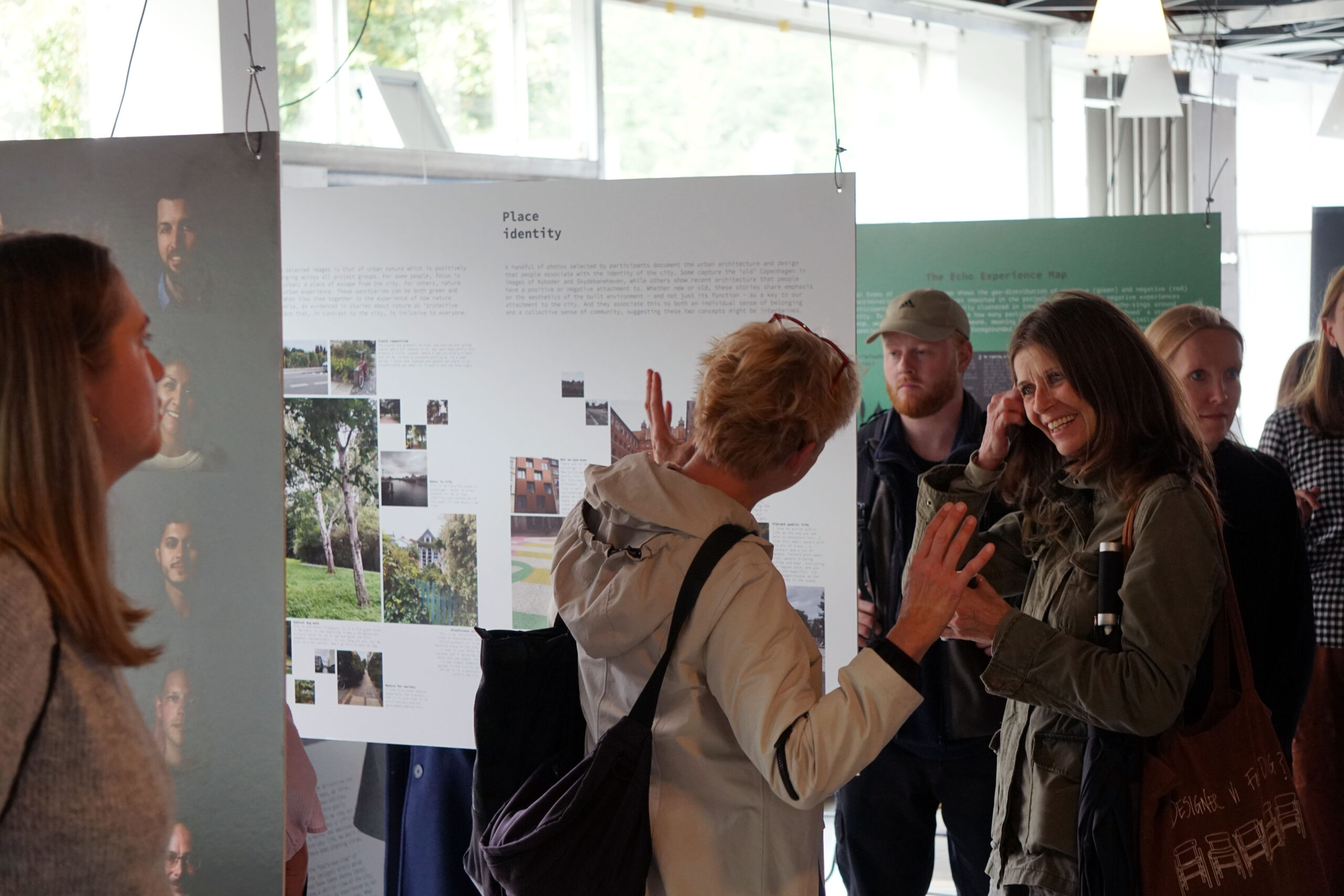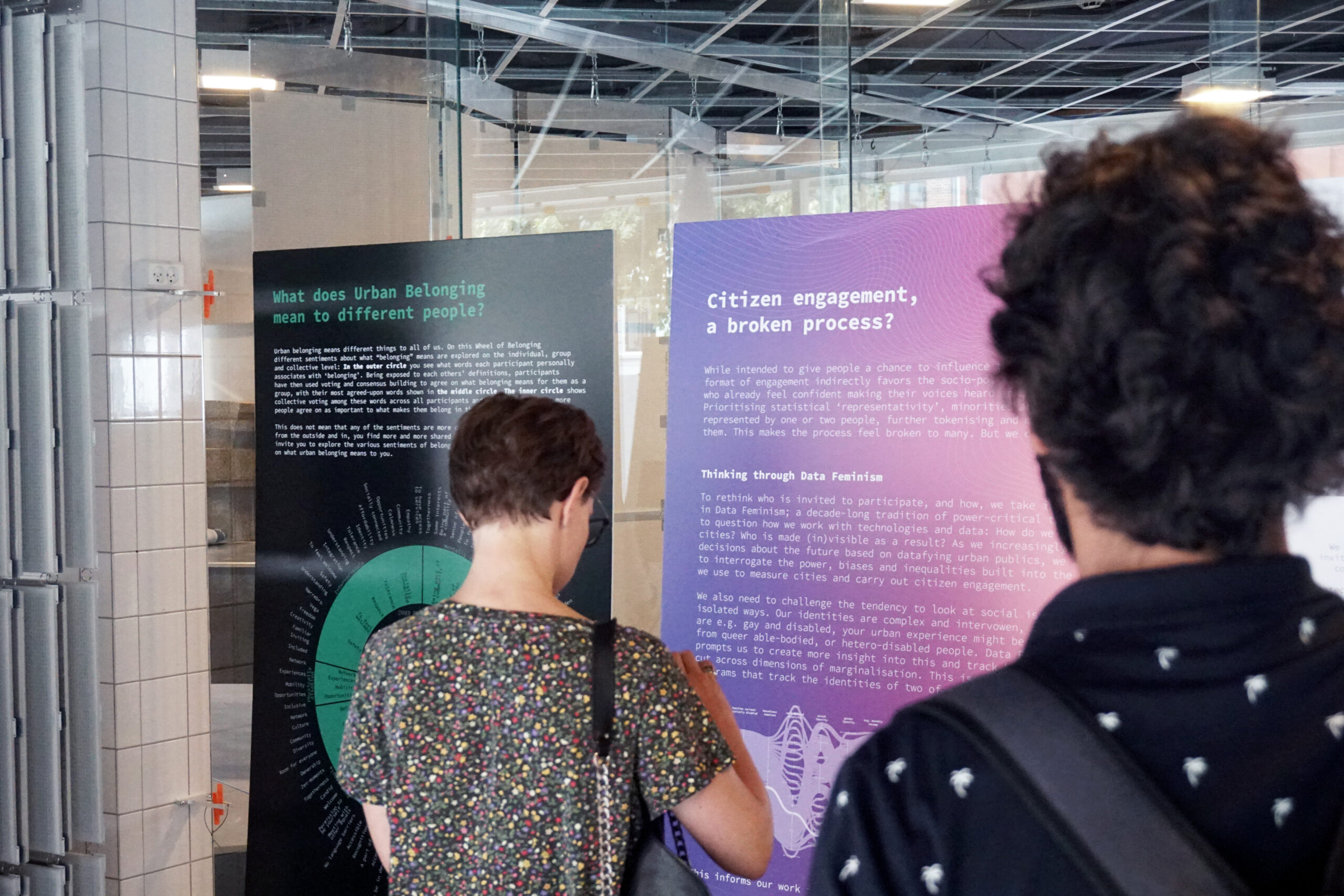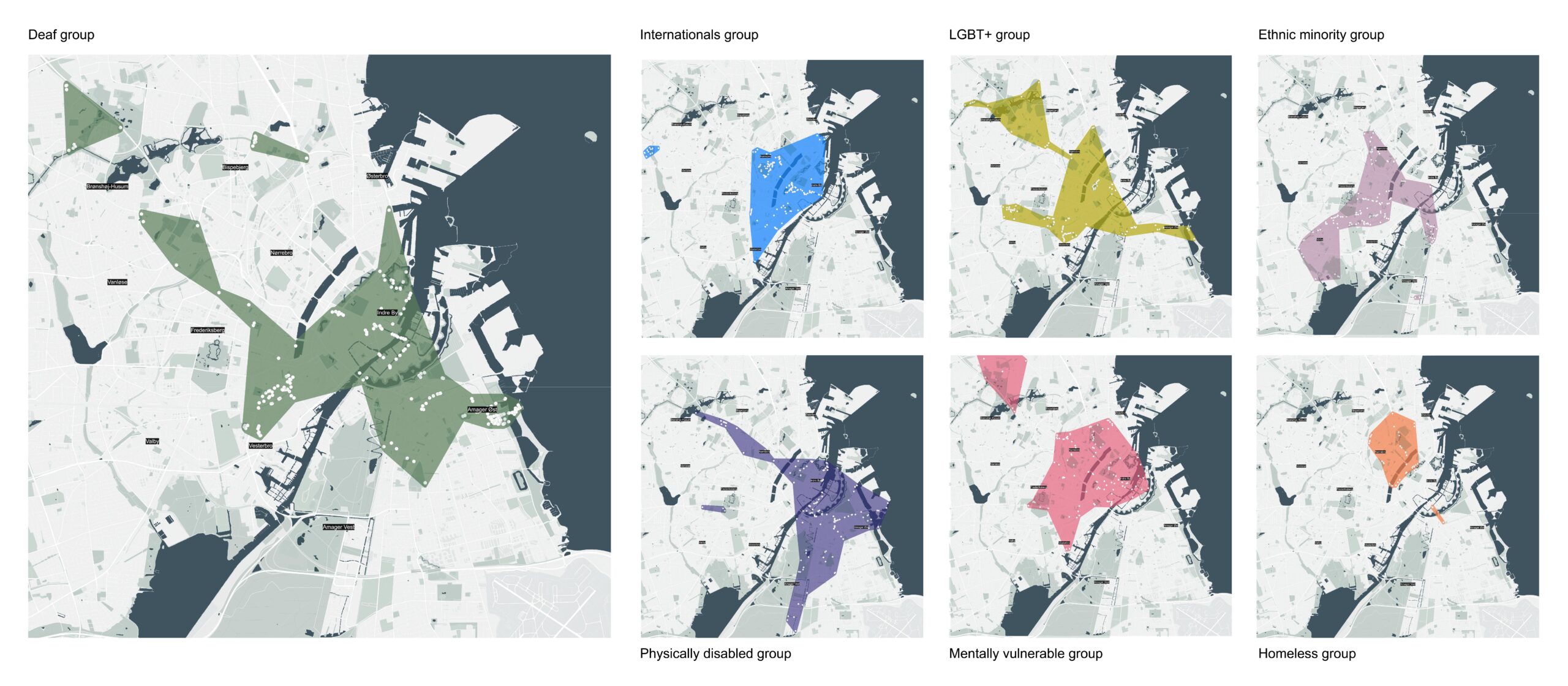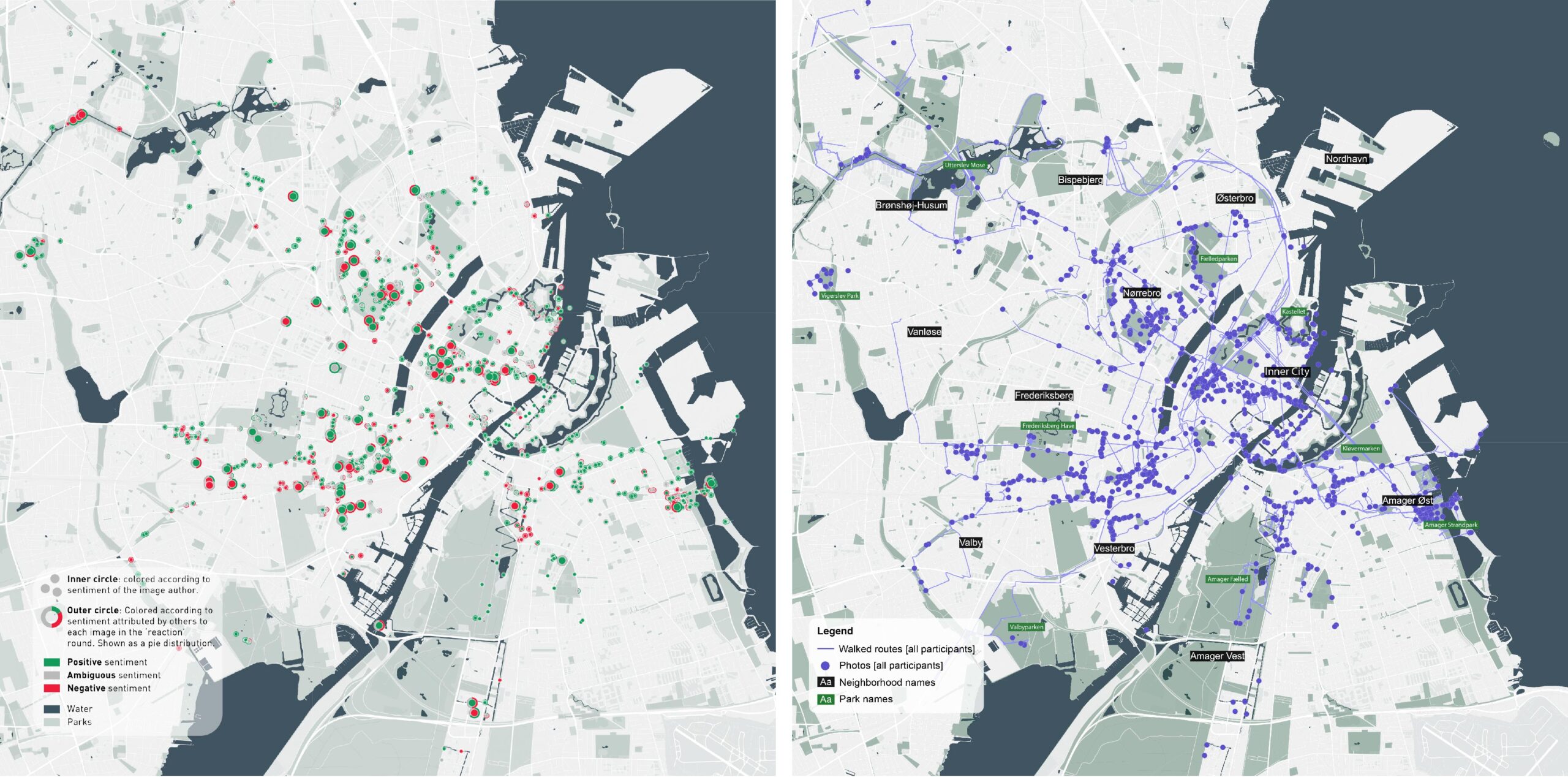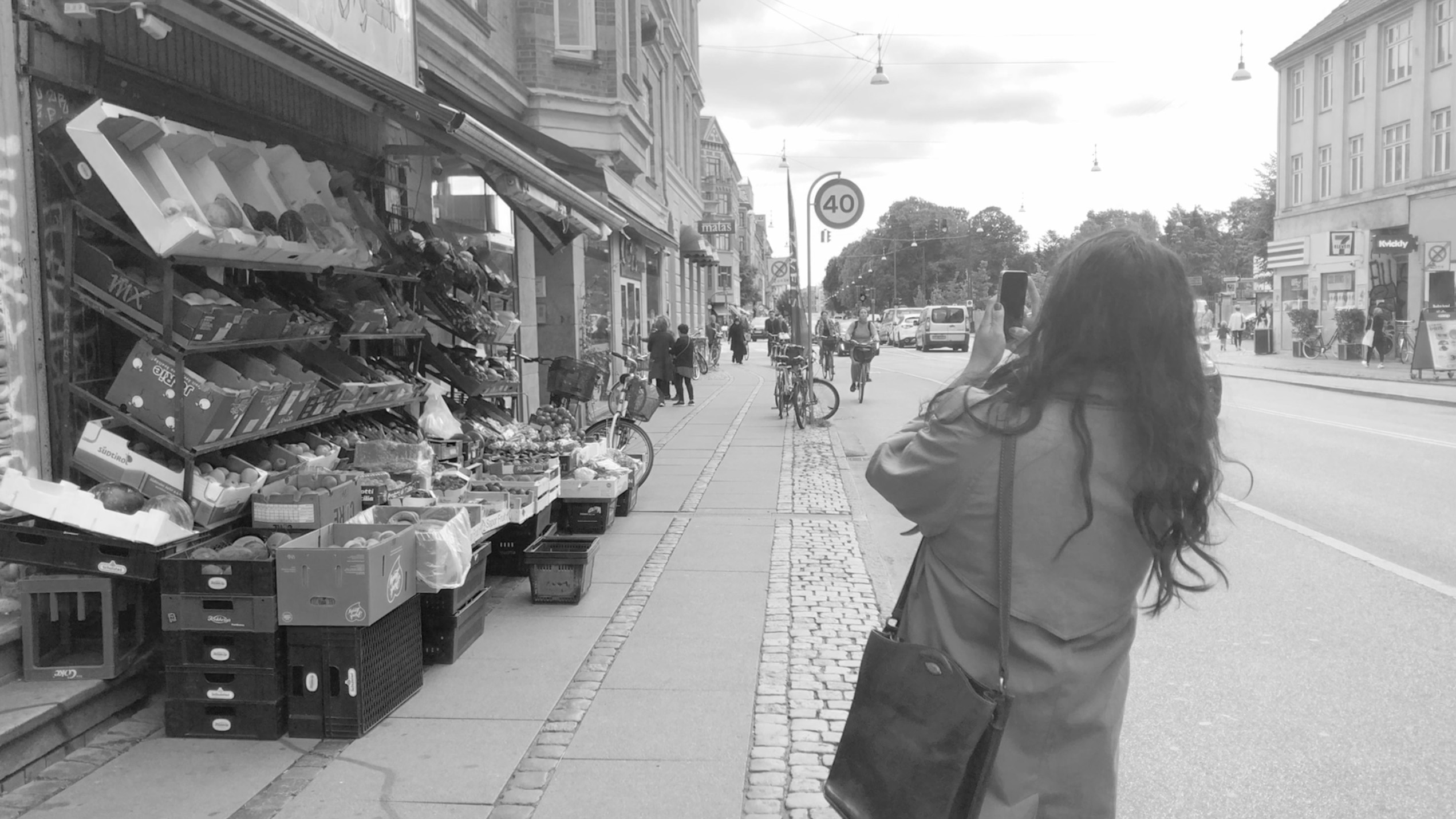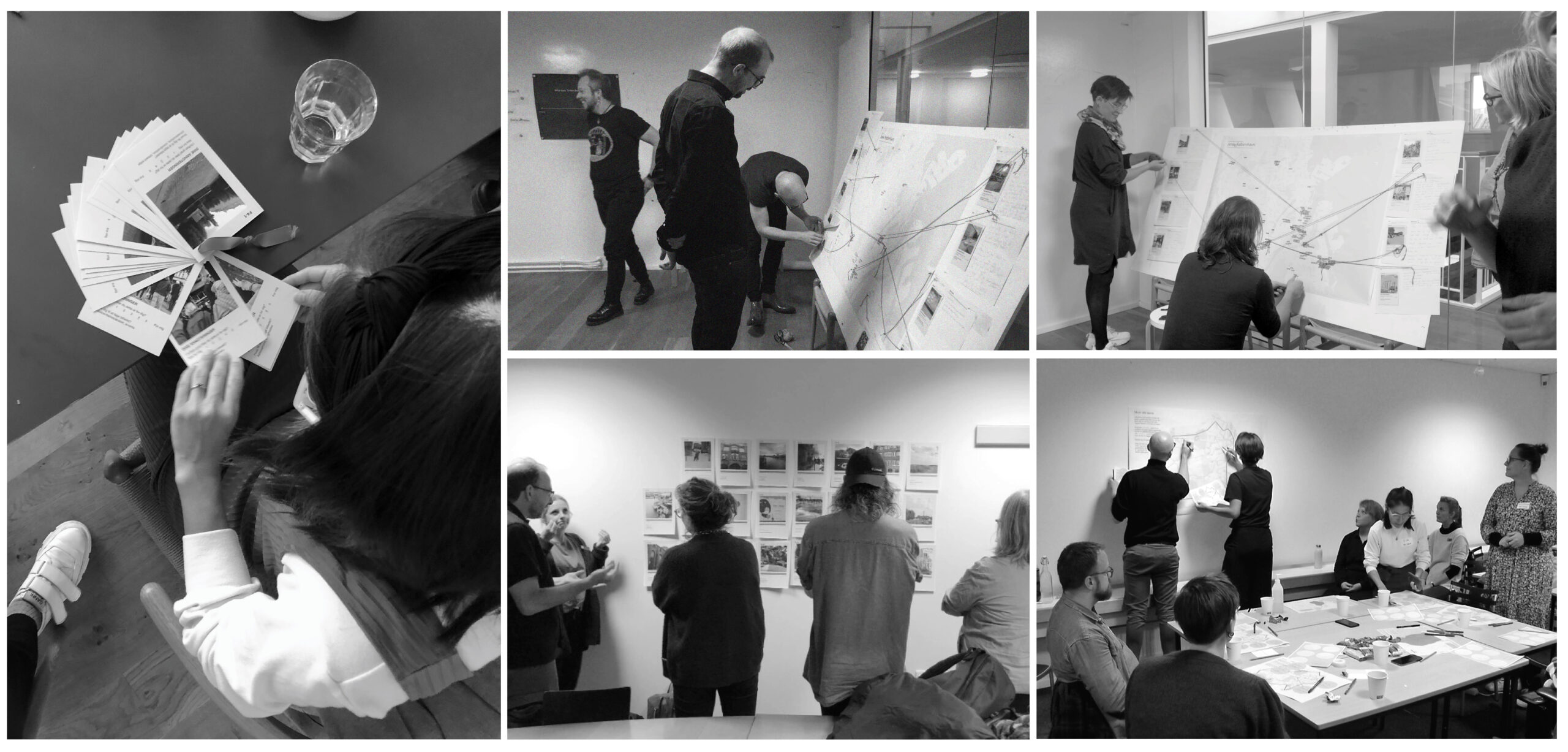Diversity & Collaboration Award: Awarded for excellence in explorative collaboration, cultural diversity, gender diversity, stakeholder engagement, and social inclusivity.
The Urban Belonging Project innovates methods for citizen engagement that foreground diverse and marginalized experiences in planning. The project invited participants who identify as lgbt+, deaf, homeless, internationals, ethnic minorities, mentally vulnerable, and/or physically disabled to document their experiences of belonging in Copenhagen using participatory GIS and a new open source photovoice app, developed for the project.
The design of the photovoice app was carried out through a co-design process, led by researchers with inputs from community organizations and planners from Gehl Architects, who helped test and refine the app. Participants were then engaged through local organizations representing each community. In intro-meetings with participants, the process was presented and smartphones were handed out to people without. Participants then filled out a spatial questionnaire and carried out photovoice over 10 days, taking photos of places in Copenhagen that affect their sense of belonging. While photos and routes were geo-tracked, participants were asked in the app to annotate their photos and react to other participants’ images. In workshops, participants worked together on interpreting the data, creating a collection of photos, maps, and visualizations that was exhibited to the public in 2022 at Urban 13 and Copenhagen Architecture Festival.
The Urban Belonging methodology is being documented in scientific articles, and the app is available on GitHub and is actively used by others as intended: Gehl has used the app to map experiences of belonging on a university campus in the US; TANTLab and Copenhagen University researchers have used it to study the life of youth in Danish ‘ghettos’ and local perceptions of heritage in Urbino, Italy; The DESIRE Project in the EU has used it to identify issues of urban sustainability; and a local NGO in Seattle has used the photovoice app and method to involve the youth in a local neighborhood to contribute to and inform a new city policy.
Jury Statement
What makes you feel that you belong in a city? This is the question asked by the Diversity and Collaboration Prize winner, the Urban Belonging Project, which considers what social sustainability looks like and whose experience and voices count. Through conversations, participatory mapmaking, and photography, a diverse range of citizens were asked to document their relationship to the city of Copenhagen to develop a Lived Experience Catalogue. From LGBTQ+, homeless, and ethnically diverse groups, the project moved beyond inviting citizens to collect data to also frame the issues and interpret the data themselves. Throughout, an intersectional and feminist approach was taken, and the jury commend the particular attention to supporting communities whose stories are often not considered in urban planning through relevant partner organizations and the resultant sensitivity, creativity, and accessibility of the engagement approaches and the data visualization.
European Union Prize for Citizen Science Jury 2023 (Kat Austen, Lewis Hou, Pedro Russo, Andrea Sforzi, Stefanie Wuschitz). View full Statement here.
Credits
The Urban Belonging Project is co-funded by the ‘Doing Data Together’ grant awarded to Anders Koed Madsen at Aalborg University and Innovation Fund Denmark’s research grants awarded to Sofie Burgos-Thorsen and Drude Emilie Ehn, respectively. In addition, it is supported by Gehl, Service Design Lab (Aalborg University), Center for Digital Welfare (IT University Copenhagen), and Centre of Expertise for Creative Innovation in Amsterdam. Collaborators include Pedro Borges and community partners LGBT+ Denmark, Hugs & Food, Danish Deaf Association, Danish Disability Association, SIND Denmark, and Mino Denmark.
Biographies
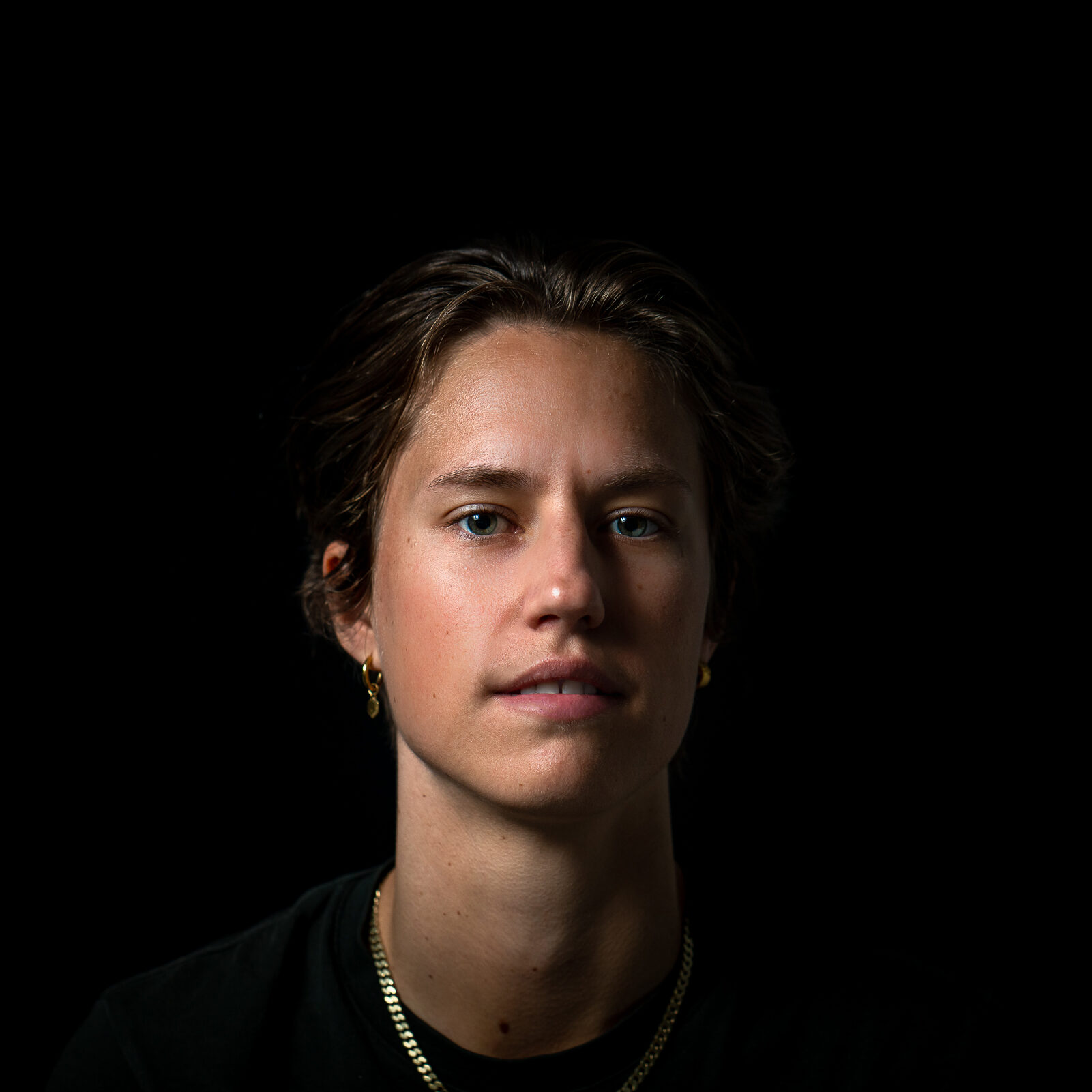
Sofie Burgos-Thorsen
Sofie Burgos-Thorsen is an industrial PhD at Gehl architects and TantLab (Aalborg University). She is driven by innovating digitally powered visual methods, and experimenting with how they allow planners and scholars to generate more diverse insights about people’s lived experiences in cities; through the eyes of the citizens. Sofie is excited that the UB project uses these visual methods to flip the script on sometimes extractive and exclusive engagement with a process that is participatory from A to Z. This, she hopes, will inform future planning with a new perspective on how to design socially sustainable cities.
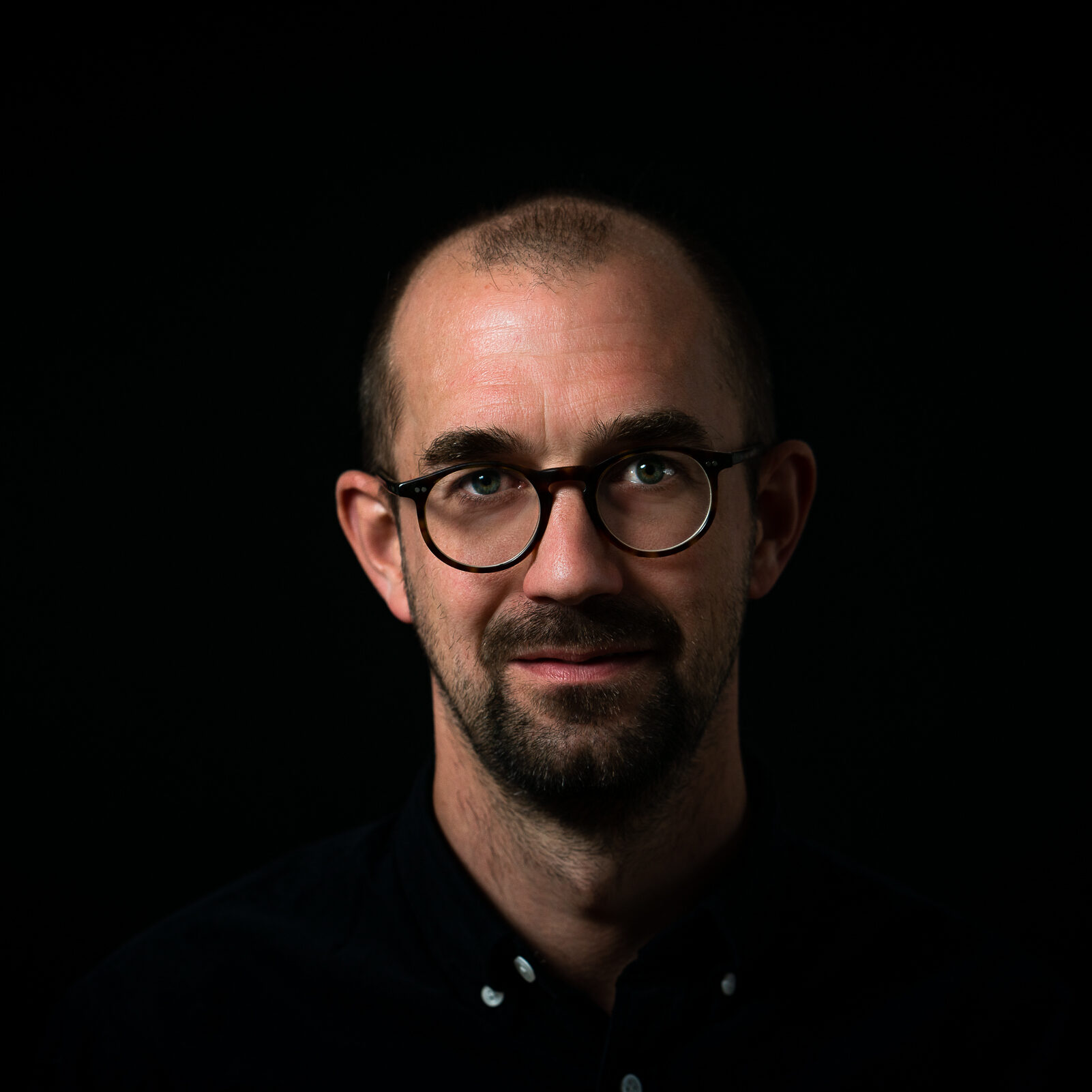
Anders Koed Madsen
Anders Koed Madsen is associate professor in TANTLab at Aalborg University in Copenhagen. He is interested in the way public spaces feel welcoming to certain groups and not others and the way different forms of urban diversity may potentially counteract each other. This interest comes out of a recent research project where we found places of high political diversity to have very low demographic diversity. If there is no hope for a ‘catch all’ strategy for urban diversity, Anders wants to develop empirical methods to trace and unpack the complex ways in which groups are phenomenologically entangled in urban space.
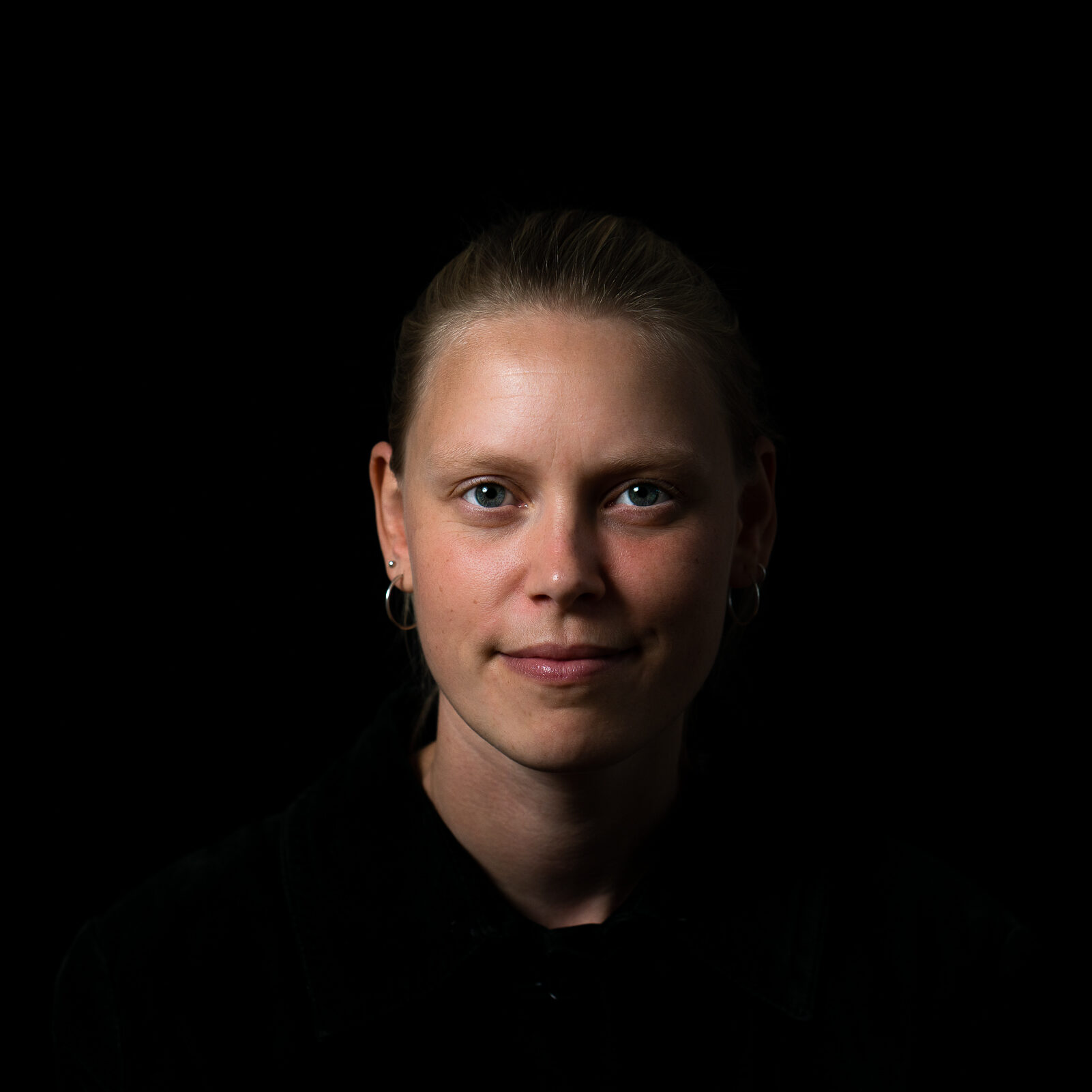
Drude Emile Ehn
Drude Emile Ehn is an industrial PhD at Gehl architects and Service Deisgn Lab (Aalborg University) She is interested in practices of inclusion and equity in urban planning processes. ‘Urban Belonging’ brings a novel perspective by resituating the framing capacity away from researchers/planners and on to the citizens themselves, and Drude hopes that participatory photography, mapmaking and collaborative analysis will give a more nuanced picture of the voices that are traditionally underrepresented in city-making – a picture that will enable us to perform fairer inclusion of different urban populations in the future. Furthermore, Drude is interested in how the methods used in this project can challenge current architectural practices as well as understandings of place attachment and urban belonging.
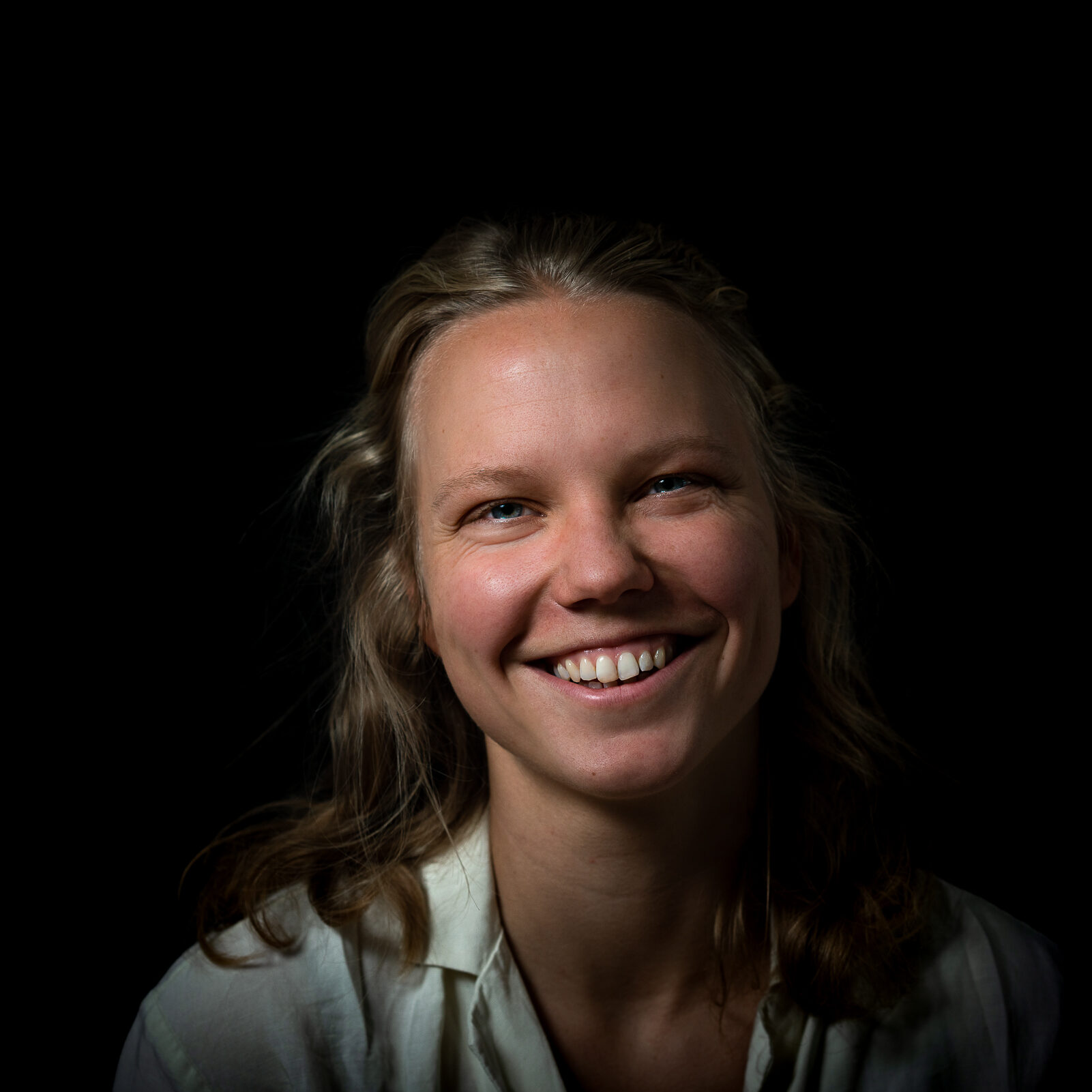
Kathrine Norsk
Kathrine Norsk is a consultant in team Målgrupper. She is interested in incorporating user perspectives in urban planning, and even more importantly, the ones that are outside the norm, which is why she wanted to be a part of the project. Kathrine thinks photography is a powerful communication tool which has the potential to become an even more integrated method in the development of places. She is furthermore interested in researching the spatial awareness of the participants and how participatory practices can potentially change the way they view their city.
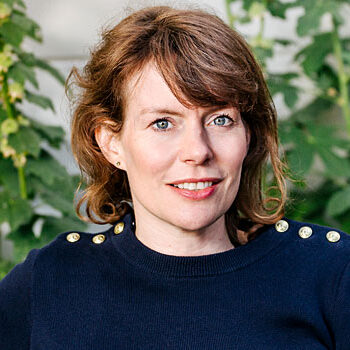
Sabine Niederer
Sabine Niederer is professor of Visual Methodologies at the faculty of Digital Media and Creative Industries of the Amsterdam University of Applied Sciences. What drew her to the project of urban belonging is that it takes emotional and experiential knowledge seriously and seeks ways to incorporate such ways of knowing in the different phases of data collection, interpretation, and visualization, to eventually inform urban planning processes. Urban Belonging tests and combines methods that do not often meet: data-driven research and participatory methods, visual analysis and ‘talking back’ to maps, tracing routes and annotating them with image collections.
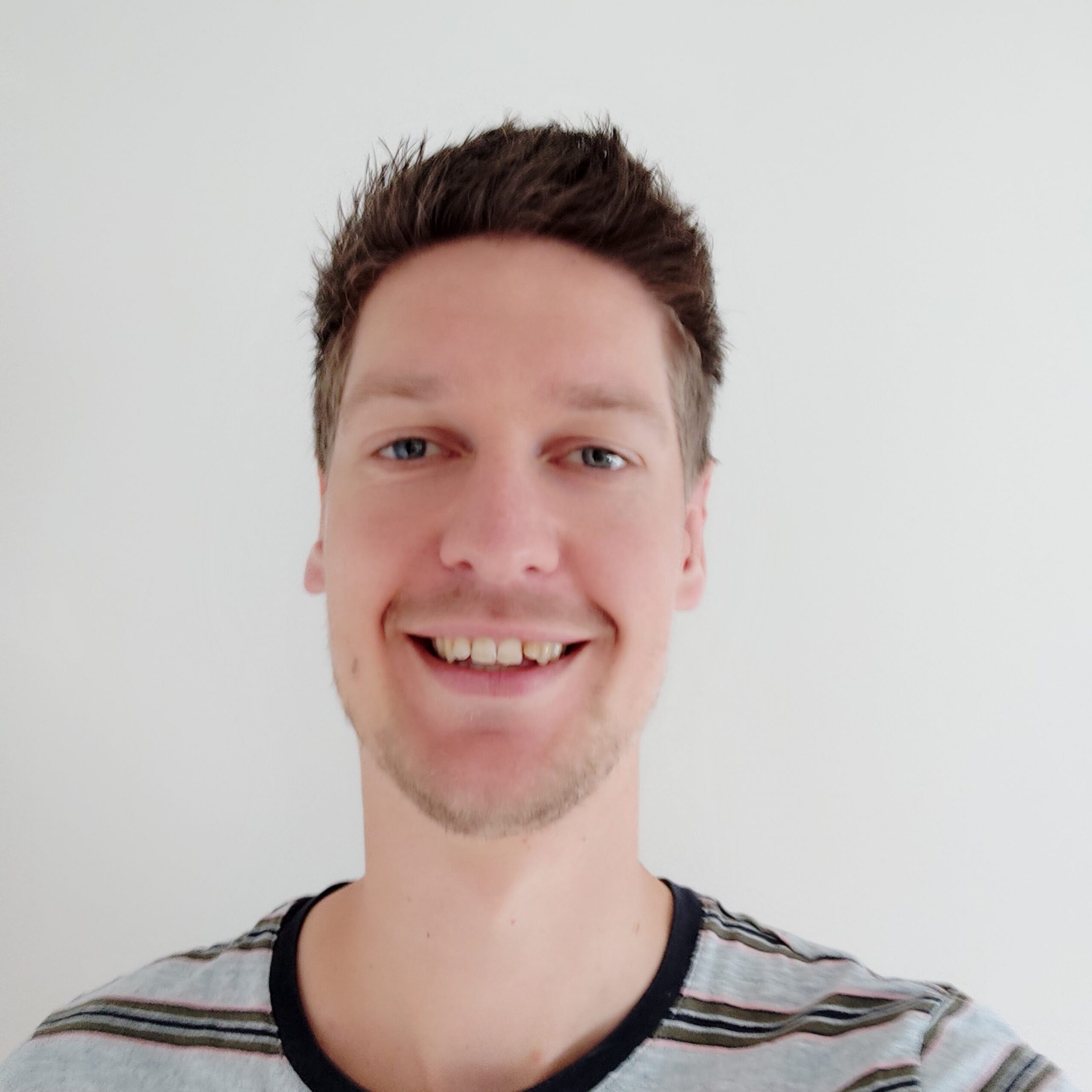
Maarten Groen
Maarten Groen is researcher at Hogeschool van Amsterdam. In his work, data always plays a key role. Whether it’s data collection using participatory methods, analysis or visualization, there is always data involved. We can capture so much in data, but the context from the expert that collected the data is usually even more important. In the Urban Belonging project all these things come together. How do you capture the feeling of Urban belonging? Just collecting data is not enough, context is needed from those that collected the data to make it richer and make it a learning experience for all parties involved. Something that is easily forgotten in regular data-driven research.
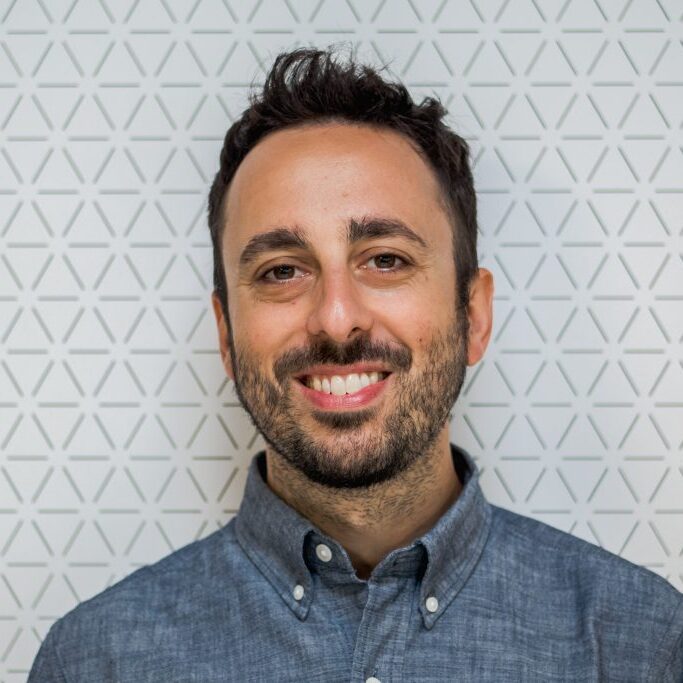
Carlo De Gaetano
Carlo De Gaetano is designer and researcher at Amsterdam University of Applied Sciences. He is fascinated by the different reasons why people feel attracted to or rejected by a place, and by how individual experiences can be visually narrated. How many different pictures of the same street can be taken? His interest comes from landscape photography, in particular from the belief that taking a picture is an act of care that reveals our intimate relationship with ’somewhere‘. As an expat, he often looks for signs of familiarity in his surroundings. He likes to discover how people look at the city to feel at home. From an information design perspective, he is also interested in testing methods to use visual data to foster collective reflection, and in exploring ways to facilitate image-driven discussions. In this project, Carlo particularly likes the perspective that urban planning can be informed by individual feelings.
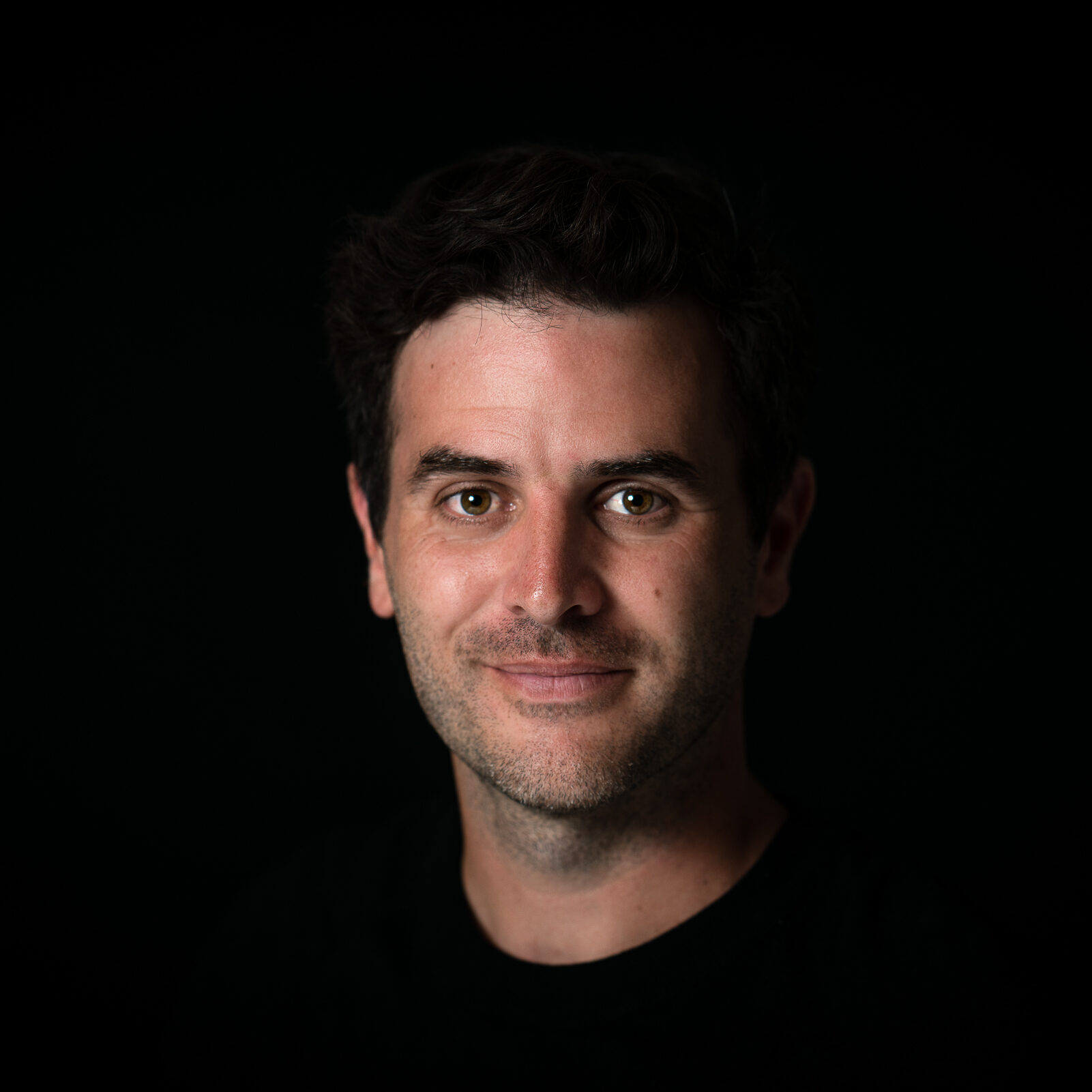
Federico Di Fresco
Federico Di Fresco is a project assistant in Gehl architects. He is interested in the everyday experience of people in public spaces and how this relates to their health, the sustainability of the environment, and society. He is driven by the combination of a qualitative and quantitative data approach to strategic and service systems design to inform city makers. This, with a participatory approach, he believes, can contribute to making more socially and environmentally sustainable cities.
Thorben Peter Simonsen
Thorben Peter Simonsen is a researcher at the Danish Center for Social Science Research (VIVE). He is interested in the constitutive relations between digital technologies, spaces, and practices, and how we might experiment with empirical methods and concepts in order to better understand their situated entanglements in everyday contexts. In the Urban Belongings project we get to do all this and more! Working analytically with participatory methods and by producing qualitative data through technology-use, Thorben is excited about investigating how different people experience and articulate their attachments to different places, the prospect of how these articulations can challenge existing architectural practices, as well as how they might afford material for developing a stronger relational approach and more differentiated spatial vocabulary to the study of cities and city development.

